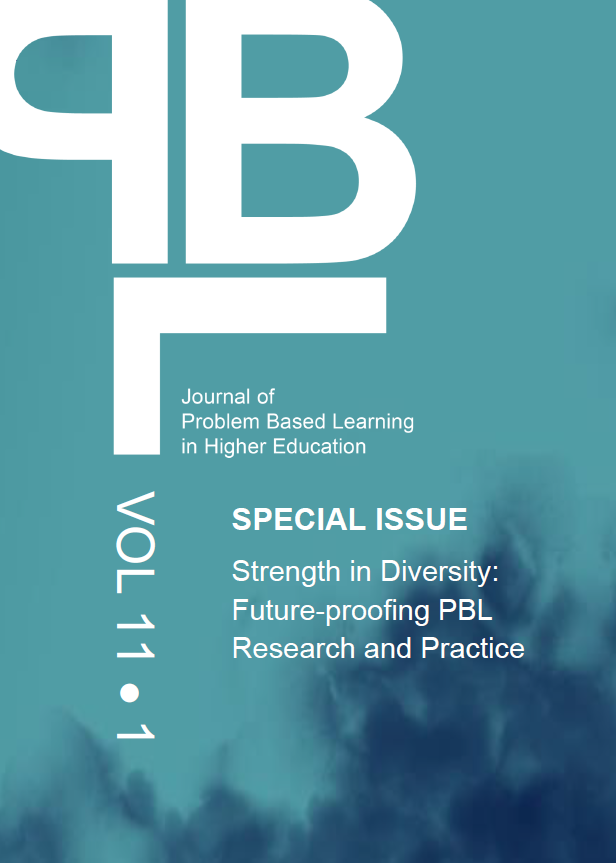Abstract
Clinical knowledge, group facilitation skills, and cognitive congruence are considered important factors for the successful tutoring of Problem Based Learning sessions. In addition, the theory of Community of Practice has become an important tool to approach social learning and knowledge integration in medical education and organizational studies. More research is needed to link these two strands of research. We look at novice medical students’ experiences and comparative reflections on student-tutors and clinician-tutors as facilitators of PBL sessions in a participatory, randomized cross-over design. Qualitative methodologies were used to probe the experiences of participants. In this study, the main factor for successful PBL sessions for first-year students was the creation of a non-hierarchical learning atmosphere, which starkly differentiated itself from the rigidity of a PBL structure organized around clinician-tutors and their hierarchically-imparted knowledge. In contrast, a more flexible strategy of student tutors and their constructive management of “not-knowing” enabled novice students to take steps on their own — of which they were highly appreciative, stressing how it allowed them to develop earlier autonomy with regard to PBL methodology, manage uncertainty, and create a shared identity as a community of learners.
Articles published in Journal of Problem Based Learning in Higher Education are following the license Creative Commons Attribution 4.0 (CC-BY)
Authors retain copyright and grant the journal right of first publication with the work simultaneously licensed under a Creative Commons Attribution 4.0 International License (CC-BY). Further information about Creative Commons
